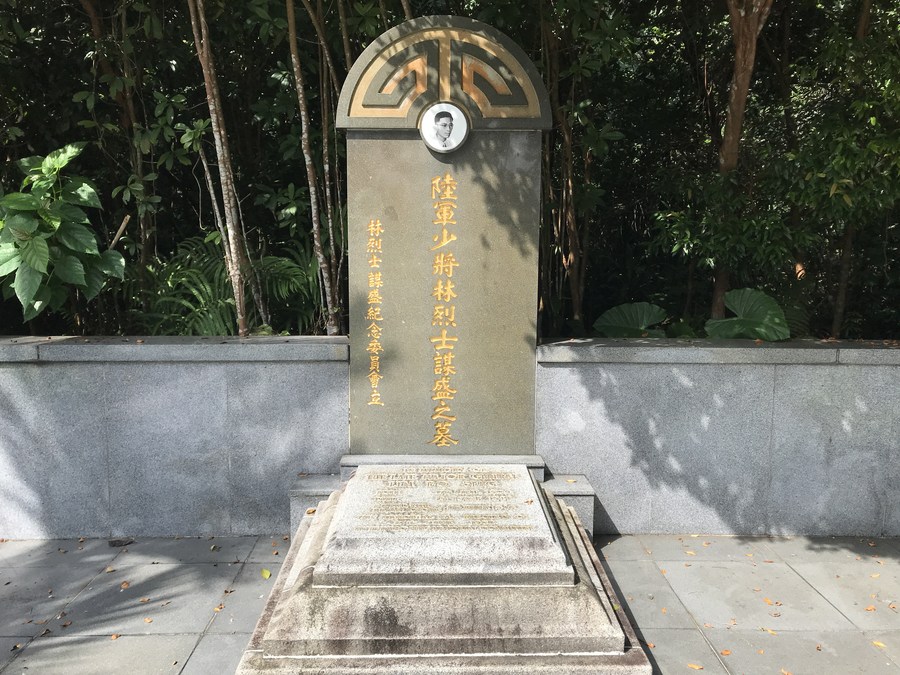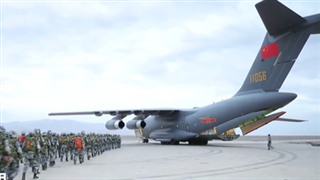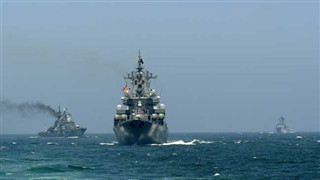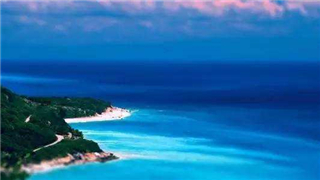76 years ago, the 35-year-old Lim Bo Seng died from brutal torture by Japanese troops at the Batu Gajah Prison, Perak, Malaya. From a young business elite to an anti-Japanese hero, the heroic stories of Lim Bo Seng are still told among the overseas Chinese in Southeast Asia today, and both Singapore and Malaysia have named locations after him in memory of the hero.
Lim Bo Seng was born in 1909 in Houpu village, Nan’an City of Fujian Province. He is the eldest son of Lim Loh, a famous architect and entrepreneur in Singapore. Lim came to Singapore and studied at Raffles Institution at the age of 16, and went to study business at the University of Hong Kong after graduating from Raffles Institution. After his father died of illness in 1929, Lim returned to Singapore to take over the family business, and became an outstanding leader of overseas Chinese in Singapore in less than ten years. Philanthropic-minded Lim Bo Seng often organized industrial societies to donate for the poor and disadvantaged, enjoying a high reputation in Singapore.
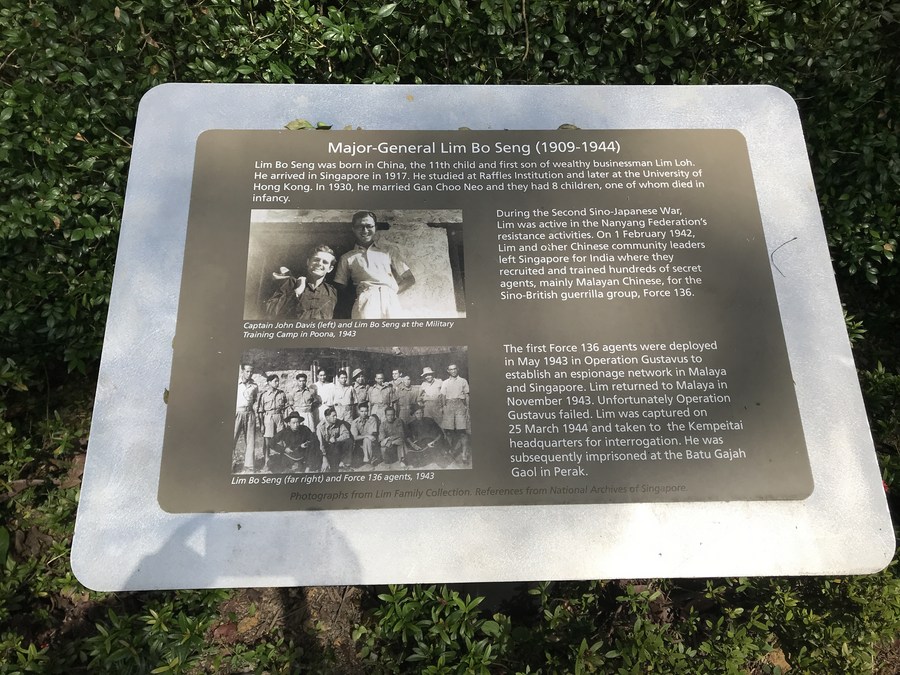
When China’s war of resistance against Japanese aggression broke out in 1937, Lim supported his motherland without second thought. He called on overseas Chinese to resist Japanese goods, and raised donations to buy medicine and urgently needed supplies and transported them back to China. In February 1938, based on prior planning, he assigned ZhuangHuiquan, head of the Anxi Guild, to insinuate into a Japanese-run tin mine in Negeri Terengganu, Malaya, where Zhuang mobilized 3,000 Chinese workers on a strike, which blocked the production of military supplies for Japanese troops. In December 1941 when Singapore was bombed by Japanese military aircraft, Lim acted as executive of the anti-Japanese mobilization committee of overseas Chinese in Singapore and director of the labor and service group, and established the oversea Chinese anti-Japanese volunteers army. When Japan invaded Singapore in February 1942, the volunteers army bombed the dike connecting Singapore and Malaya and engaged in intense battles with the Japanese invading troops for several days.
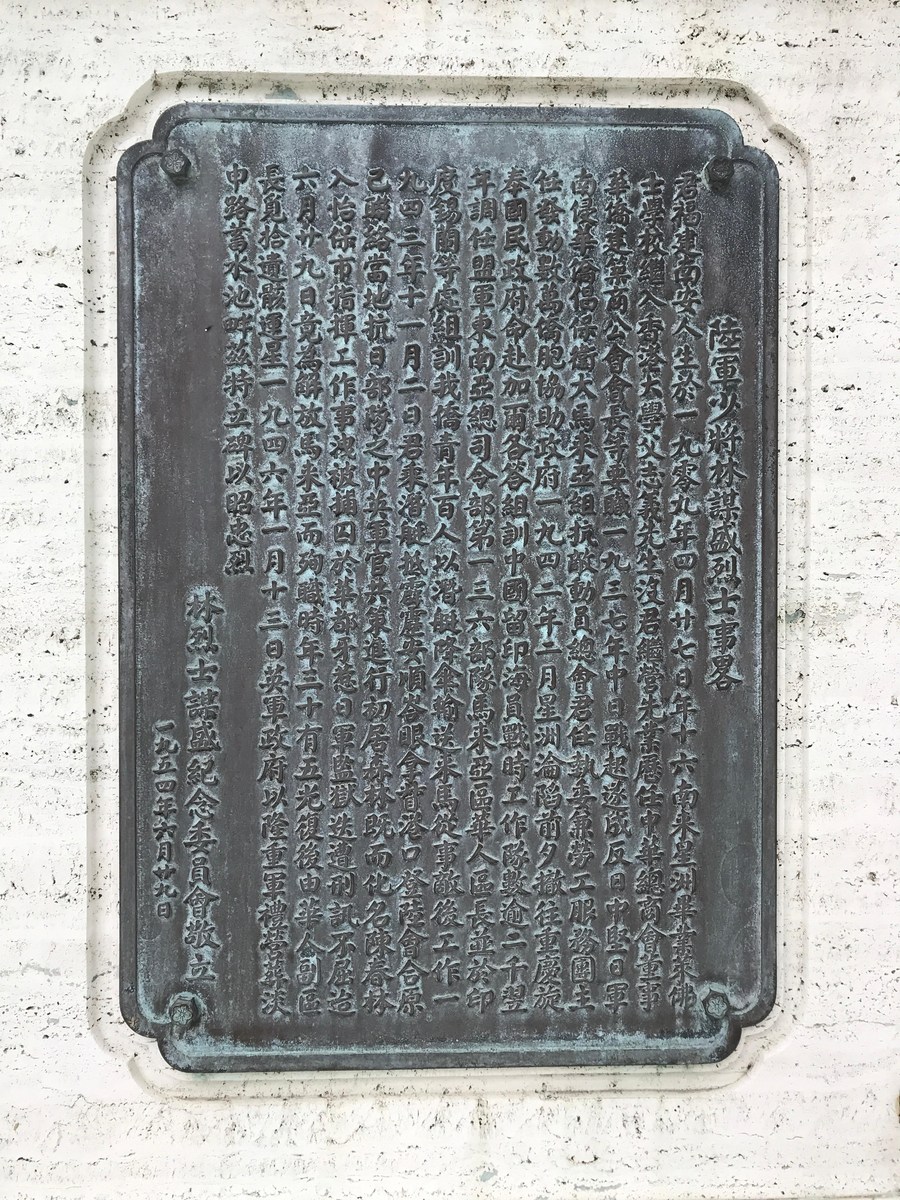
Soon afterwards, Lim Bo Seng arrived in Chongqing and served as an adviser in the military committee of KMT government and temporary councilor of Fujian Province. In the summer of 1942, he was entrusted with a mission and went to Calcutta, a port city in India to organize more than 2000 Chinese sailors stranded there to set up a wartime taskforce, he acted as head of the taskforce and was responsible for training of the Chinese sailors. In 1943, he was ordered to coordinate with the English troops to set up the underground anti-Japanese army of overseas Chinese in Southeast Asia, or the Force 136, as part of the China-Britain joint army. Lim was conferred the military rank of Colonel and appointed as the director of the Chinese section in Malaya. Lim and other members of the Force 136 secretly entered Japanese-occupied Malaya in October that year to carry out intelligence collection work. In May 1944, Lim was captured and imprisoned by the Japanese invaders. He remained faithful and unyielding despite the inhuman torture in the jail. He died a martyr on June 29 ,1944, at the age of 25.
After China won the war of resistance against Japanese aggression, the Chinese National Government posthumously conferred Lim Bo Seng the military rank of Major General. On January 13, 1946, in a military ceremony held by the British Government, his remains were rested in the MacRitchie Reservoir Park in Singapore.
